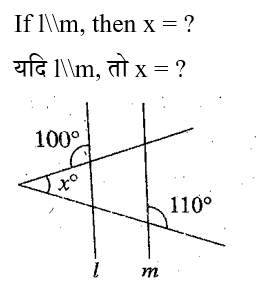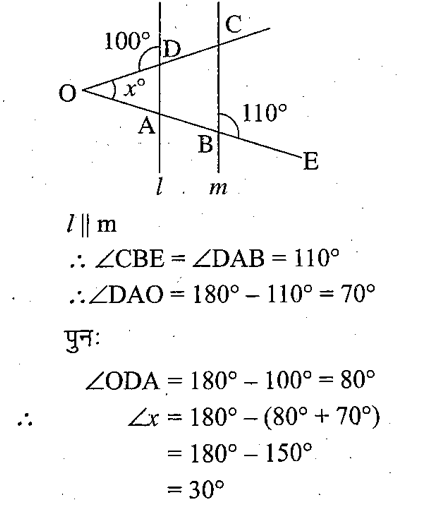Question 1:
प्रथम भाषा अर्जन में निम्नलिखित चरण होते हैं:
Question 2:
सीखने की वह अक्षमता जो हमारे पढ़ने, निर्वचन करने और अक्षरों, शब्दों एवं संकेतों को समझने की योग्यता को प्रभावित करती है, _______ है।
Question 3:
निम्नलिखित में से कौन-सा भाषा की कक्षा में प्रिंट-समृद्ध परिवेश में आता है?
Question 4:
एक अध्यापक को एक पम्पप्लेट मिला जो नगरपालिका द्वारा मानसून के दौरान रक्षात्मक उपाय अपनाने के बारे में था। उसने अपनी कक्षा में विभिन्न कार्यों द्वारा पठन और शब्दावली सिखाने के लिए इस पम्पप्लेट का प्रयोग किया। इस पम्पप्लेट के क्य कहा जा सकता है?
Question 5:
एक अध्यापक ने कक्षा सात के विद्यार्थियों को कहा कि वे समूह बनाकर ऐसे विषय / थीम का चयन करें जिसके अंतर्गत अपने शहर और आस-पास के स्थानों से जुड़े आँकड़े एकत्र करें, अपने मित्रों के साथ उन पर चर्चा करें और रिपोर्ट तैयार करें इस कार्य को क्या कहा जाएगा?
Question 6:
नीलम अपने विद्यार्थियों को एक टेस्ट देती है। वह उन्हें एक वाक्य देती है जिसमें कोई एक शब्द रेखांकित शब्द का विलोम शब्द बताओ। वह भाषा के किस उपकौशल की परीक्षा ले रही है?
Question 7:
निर्देशित पठन की मनोवैज्ञानिक उत्पत्ति किससे सम्बन्धित है?
Question 8:
एल. एस. वाइगोत्स्की के अनुसार-
Question 9:
क्रैशन के अनुसार कौन अधिक निवेश देखते एवं ग्रहण करते हैं, विश्वास के साथ अन्तः क्रिया करते हैं और जिन बच्चों को निवेश मिलता है, उनके संबंध में अधिक ग्रहणशील होते हैं:
Question 10: 

